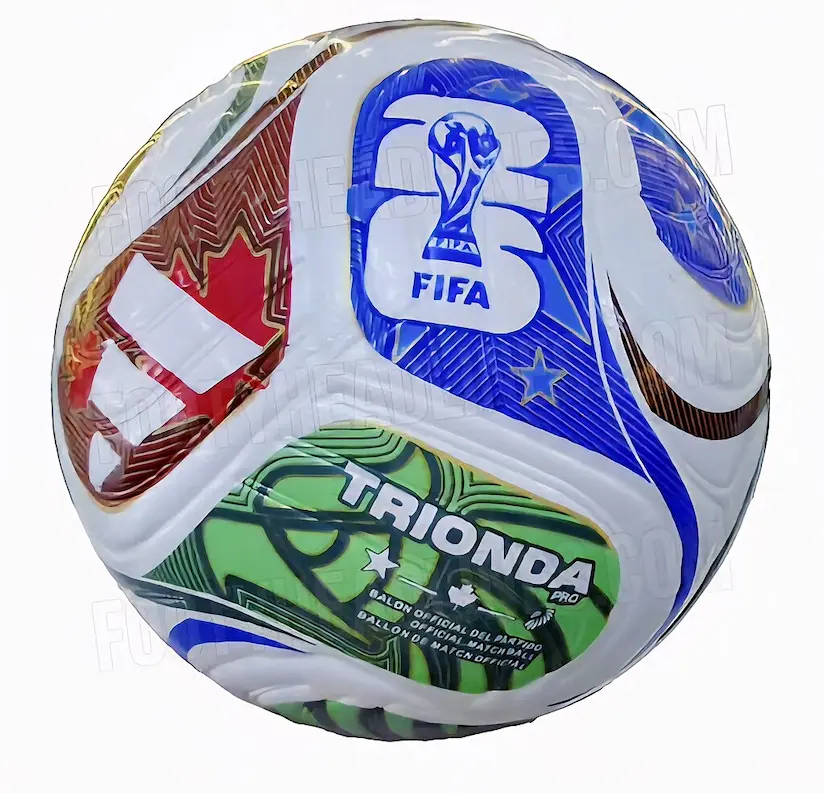
FIFA raises Club Benefits to £260M, rewarding clubs like Celtic for releasing players to qualifiers and finals, reshaping football finance and strategy (photo-wikipedia)
A Game-Changer for Global Clubs: What Is the FIFA Club Benefits Programme?
How FIFA Bold £260M Move Is Reshaping Club Strategy and Player Value – FIFA, the world’s football governing body, has just made a massive announcement that’s sending waves across club boardrooms worldwide. The Club Benefits Programme, a financial reward system for clubs that release players to international duty has been increased by a whopping 70%. That means the total payout pool now stands at £260 million, up from £153 million during the last World Cup cycle.
But what exactly is this programme?
- It’s a compensation scheme designed to reward clubs for allowing their players to participate in FIFA World Cup qualifiers and finals.
- FIFA calculates payments based on the number of days a player is away on international duty.
- The more players a club sends and the longer they stay in the tournament, the more money the club earns.
This initiative recognizes the vital role clubs play in developing and maintaining top-level talent. It’s not just about the glory of international football anymore, there’s serious money on the table.
Celtic’s Windfall: How Much Can Clubs Actually Earn?
Let’s take Celtic FC as a prime example. The Scottish giants have consistently contributed players to international squads, and the new boost means they’re set to earn significantly more.
Here’s what we know:
- During the 2022 World Cup cycle, Celtic earned $664,326 from FIFA for releasing players like Cameron Carter-Vickers and Daizen Maeda.
- The per-day, per-player rate was $10,950, which translated to roughly £8,000.
- With the 70% increase, that rate could now exceed £13,500 per day per player, depending on final calculations after the 2026 tournament.
And it’s not just the finals anymore. FIFA has expanded the programme to include qualifying matches, meaning clubs will earn money even before the World Cup begins.
This is a huge win for clubs like Celtic, Rangers, and others across Europe and beyond. Players like Kasper Schmeichel, Anthony Ralston, and Kieran Tierney have already been called up for qualifiers, and their clubs will benefit financially from every day they spend with their national teams.
Why This Matters: Financial Relief and Strategic Growth
For many clubs, especially those outside the elite financial tier, this boost is more than just a bonus—it’s a strategic lifeline.
Here’s why:
- Revenue Diversification: Clubs often rely heavily on ticket sales, merchandise, and sponsorships. International compensation adds a new, reliable revenue stream.
- Player Development Incentives: Clubs now have more reason to invest in youth academies and international-level training, knowing that future call-ups could bring financial returns.
- Transfer Market Leverage: Clubs with internationally capped players can command higher transfer fees, and now they also earn while those players are away.
In Scotland, where clubs operate on tighter budgets compared to Premier League giants, this change could reshape financial planning. Celtic and Rangers, for example, can reinvest these earnings into facilities, scouting, or even subsidizing fan engagement initiatives.
FIFA President Gianni Infantino emphasized that this move is about recognizing the “huge contribution that so many clubs and their players around the world make to the staging of both the qualifiers and the final tournament”.
Looking Ahead: What This Means for the 2026 World Cup and Beyond
The 2026 FIFA World Cup, set to be hosted across the USA, Canada, and Mexico—is already shaping up to be the biggest tournament in history. With more teams, more matches, and now more money flowing to clubs, the stakes have never been higher.
Here’s what to watch for:
- Expanded Club Participation: Smaller clubs may now push for their players to get international exposure, knowing it could lead to financial rewards.
- Increased Transparency: FIFA has promised a more transparent calculation method, ensuring clubs understand exactly how their compensation is determined.
- Global Equity: Clubs from Africa, Asia, and South America stand to benefit more than ever, helping to level the playing field in global football economics.
And for fans? This means your favorite club could be financially stronger just by supporting its players on the international stage. It’s a win-win: pride in national representation and a boost to your club’s bottom line.
Quick Breakdown: How the Money Flows
| World Cup Cycle | Total FIFA Payout | Per Day, Per Player Rate | Celtic’s Earnings |
| 2022 (Qatar) | £153 million | £8,000 | £500,000+ |
| 2026 (USA/Canada/Mexico) | £260 million | Estimated £13,500+ | TBD (Expected Increase) |
A New Era for Club and Country
This isn’t just a financial story, it’s a cultural shift. For decades, clubs have hesitated to release players for international duty due to injury risks and scheduling conflicts. Now, with real money on the line, those decisions become strategic investments.
Celtic, Rangers, and other clubs across Europe and the world are entering a new era where international football isn’t just about national pride, it’s about smart business.
And for fans, it’s a reminder that every international call-up is a moment of celebration not just for the player, but for the club that nurtured them.
So next time you see your club’s star donning a national jersey, remember: they’re not just chasing glory, they’re bringing home the gold.
Also read: Massive Wins for Clubs: $355M FIFA Payout Plan Rewards More Teams Than Ever
Stay informed with the latest news and updates – only on Rapido Updates.